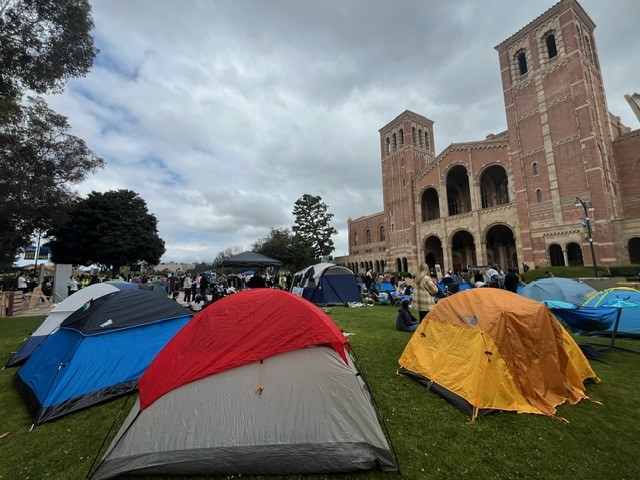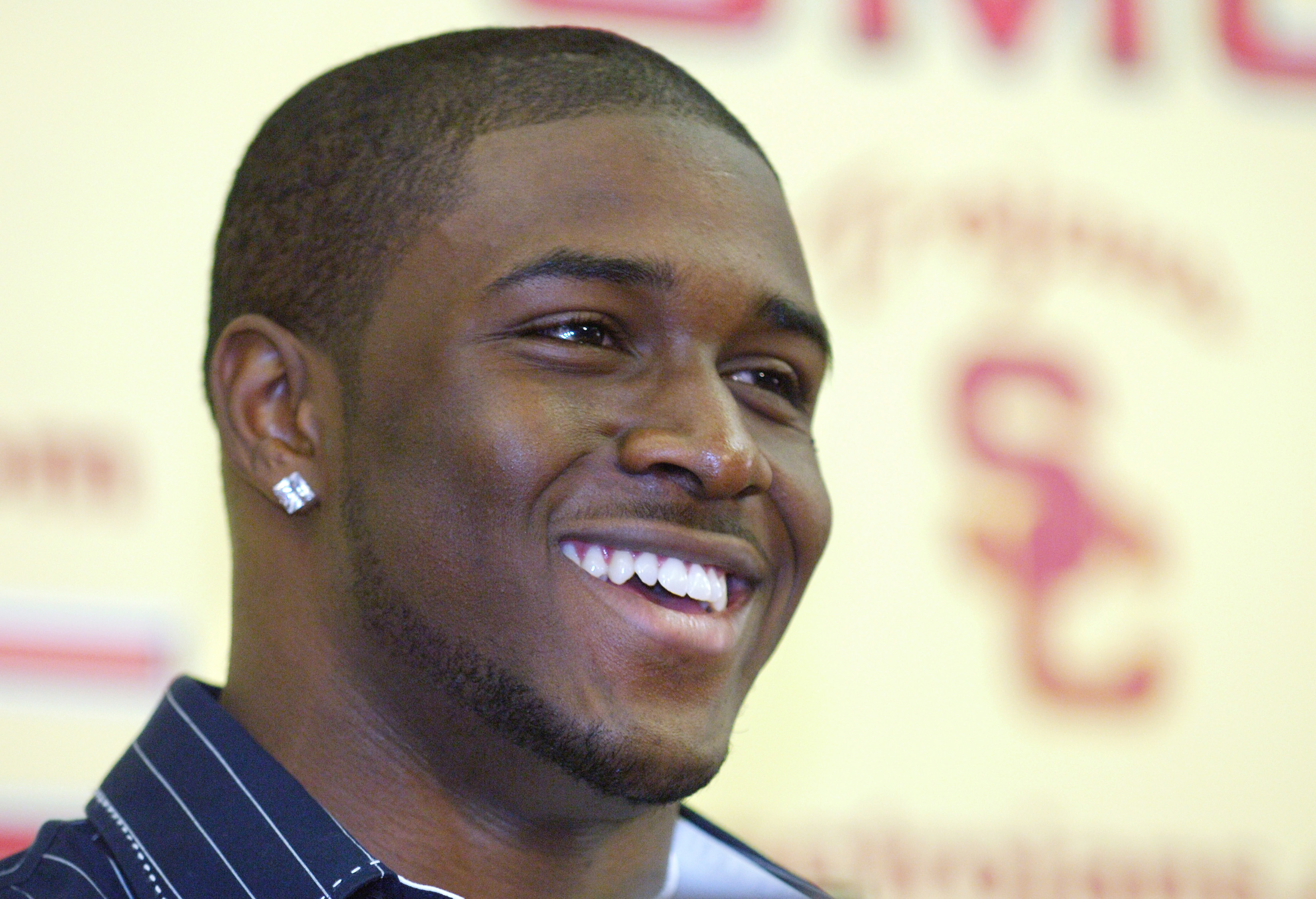Rodney King, the African-American man whose videotaped beating by white police officers led to the the 1992 Los Angeles riots, has died at 47.
The violence directed at King, a motorist who had been pursued by Los Angeles police, caused national outrage, and led to changes in law enforcement training and tactics.
King's fiancee called police in Rialto, where the couple lived, at 5:25 a.m. Sunday, reporting that she had found him at the bottom of a swimming pool at their home, Rialto police Lt. Dean Hardin told NBC4.
When police arrived at King's house, they pulled him from the swimming pool and tried unsuccessfully to revive him, Hardin said. Firefighters arrived soon after and also tried to revive him, he said.
King was transported to Arrowhead Regional Medical Center, where he was pronounced dead at 6:11 a.m. Sunday.
At this point, Hardin said, there is no evidence that foul play was involved, and police are investigating his death as a drowning.
Despite the passage of more than two decades since King, driving a white Hyundai, was pursued by police and beaten, he remained a potent symbol of racial tensions in Los Angeles, and a lightning rod for issues of police brutality.
The 1991 beating was videotaped by a nearby resident, George Holliday, and broadcast repeatedly on national television.
When four Los Angeles police officers charged with using excessive force against King were acquitted the next year, rioting enveloped much of Los Angeles.
Starting with a protest at police headquarters and turning violent at the corner of Florence and Normandy in South Los Angeles, angry residents rioted for days, burning and looting stores and attacking passersby.
It was the worst racially-tinged violence in the U.S. in decades.
Smoke hung like a cloud over the city and suburbs for days, and National Guard troops were called in to enforce calm.
On the night of the verdict, residents in inner-city neighborhoods climbed to the roofs of their houses, spraying their homes with water to keep them from catching fire.
Local
Get Los Angeles's latest local news on crime, entertainment, weather, schools, COVID, cost of living and more. Here's your go-to source for today's LA news.
Many recalled earlier civil-rights-era riots in Detroit and Los Angeles as they worked to protect their homes and families.
A 33-year-old construction worker named Reginald Denny was pulled from his vehicle on the first day of rioting and attacked by four men. Twenty years later, he has still not recovered from his injuries.
Although the officers who beat King were white, much of the violence during the rioting was aimed at stores in predominantly African-American neighborhoods that were owned by Korean-Americans.
During the hours of looting that followed the verdicts, some residents took necessities like disposable diapers, while others were photographed carrying televisions and other valuables.
The violent reaction prompted King's famous response: "Can we all just get along?"
Follow NBCLA for the latest LA news, events and entertainment: iPhone/iPad App | Facebook | Twitter | Google+ | Instagram | RSS | Text Alerts | Email Alerts



